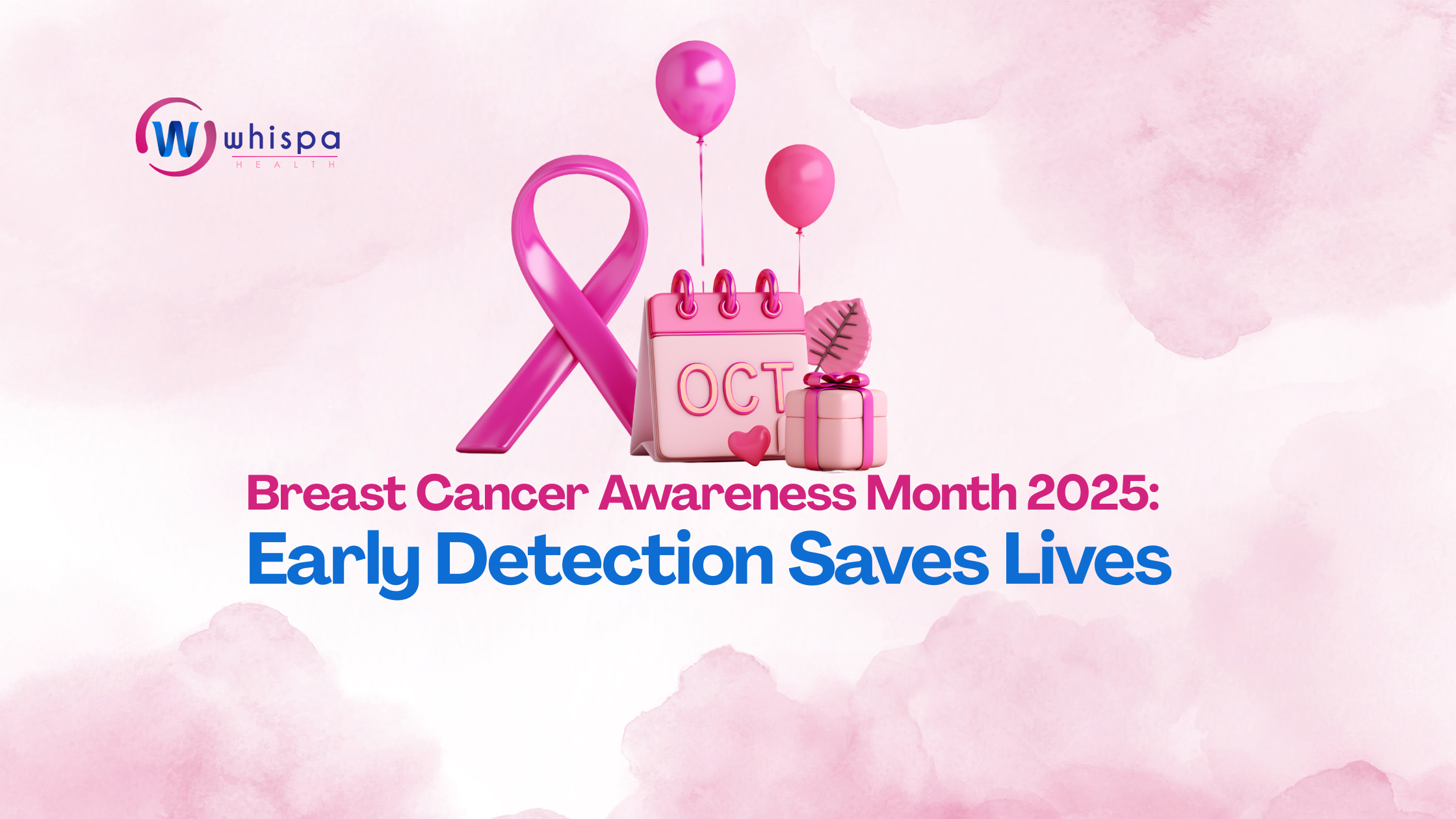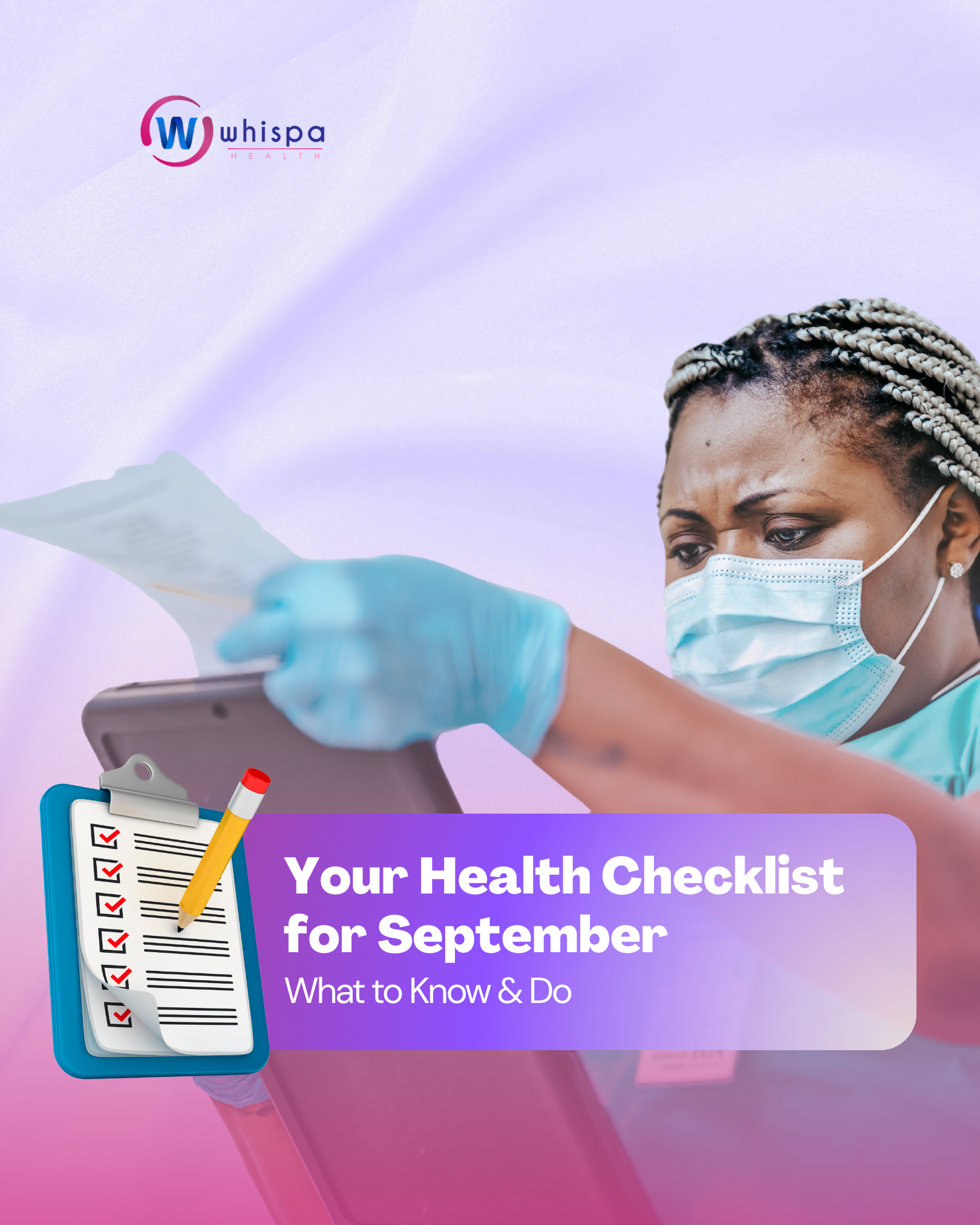Maintaining sexual health is a vital part of overall well-being. Regular sexual health screening is crucial for early detection and prevention of sexually transmitted infections (STIs). This guide explains why these screenings are important, what to expect during a screening, how often you should get screened, and how to overcome common barriers to testing.
Why Regular Screenings Matter
Early Detection: Regular screenings help detect STIs early, often before symptoms appear. Early detection can prevent complications and ensure timely treatment.
Peace of Mind: Knowing your sexual health status allows you to make informed decisions about your health and relationships. It also reduces anxiety and stress related to unknown health conditions.
Public Health: Regular screenings help reduce the spread of STIs in the community. By knowing your status and receiving treatment if necessary, you can help protect your partners and contribute to overall public health.
What to Expect During a Screening
Initial Consultation: During the initial consultation, your healthcare provider will ask about your sexual history and any symptoms you may have. This information helps determine which tests are necessary.
Types of Tests:
- Blood Tests: Used to detect infections like HIV, syphilis, and hepatitis.
- Urine Samples: Often used to test for chlamydia and gonorrhea.
- Swabs: Swabs from the genital area, throat, or rectum may be taken to test for various STIs.
- Physical Examination: In some cases, a physical examination may be required.
Results: Test results typically take a few days to a week. Your healthcare provider will explain the results and discuss any necessary treatment or follow-up care.
How Often Should You Get Tested?
General Guidelines:
- Sexually Active Individuals: It’s recommended to get screened at least once a year.
- New or Multiple Partners: If you have new or multiple partners, more frequent screenings (every 3-6 months) are advisable.
- High-Risk Groups: Certain groups may need more frequent screenings.
Healthcare Provider Recommendations: Consult your healthcare provider for personalized advice based on your specific risk factors and sexual activity.
Overcoming Barriers to Testing
Confidentiality Concerns: Privacy is a common concern, but most healthcare providers ensure confidentiality. Look for clinics that prioritize patient privacy and confidentiality.
Cost and Accessibility: Cost can be a barrier for many. Seek out free or low-cost clinics that offer STI testing. Many community health centers provide these services.
Stigma: Stigma around STI testing can prevent people from getting screened. Remember that taking care of your sexual health is responsible and essential. Educating yourself and others about the importance of screenings can help reduce stigma.
Regular sexual health screenings are essential for early detection, prevention, and maintaining overall health. By staying proactive and informed, you can protect yourself and your partners. Schedule your screening today and take charge of your sexual health with Whispa Health!
For more information or to book a screening, visit our webpage or contact our support team.




